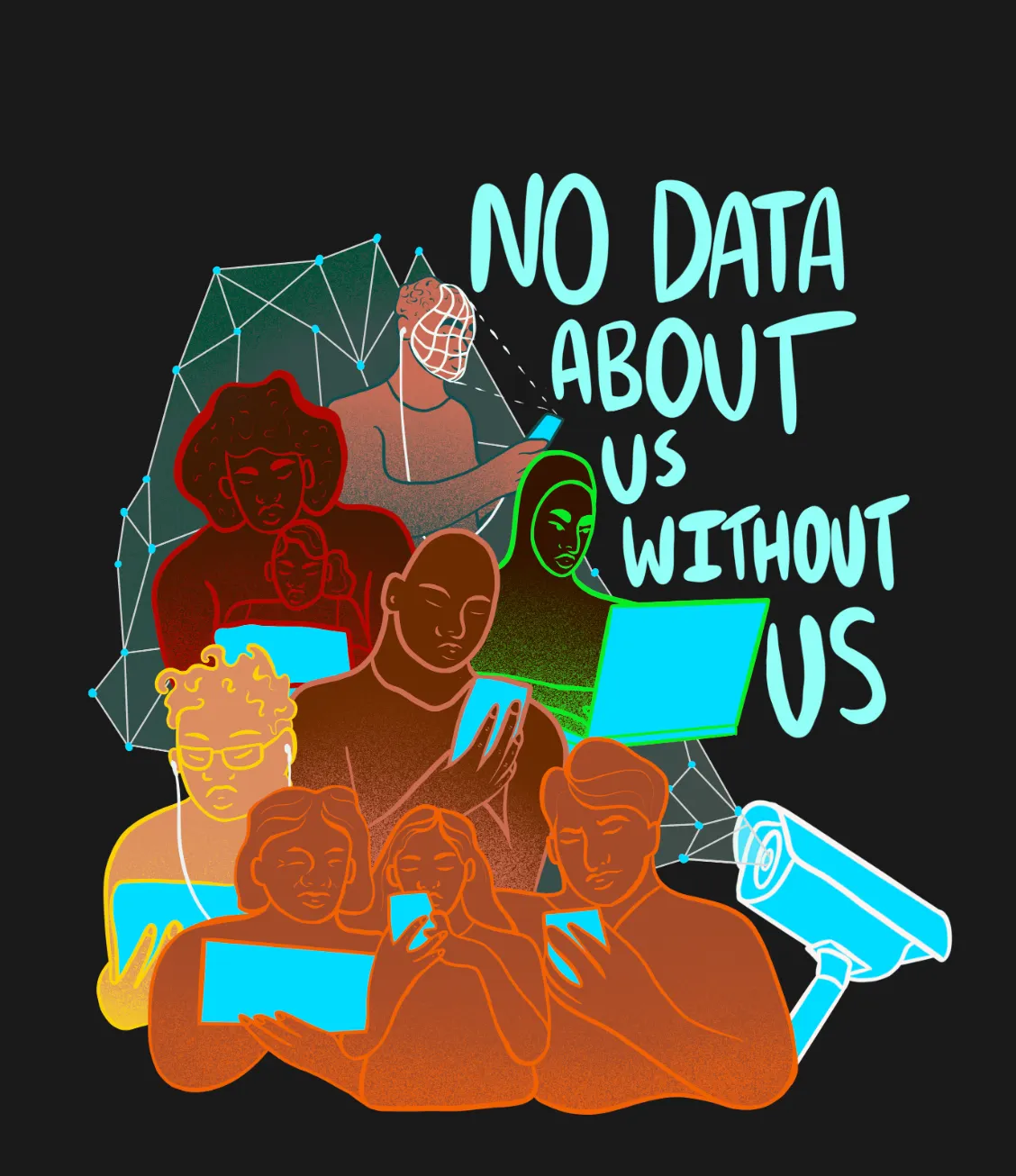Conversations for an Ethical Artificial Intelligence Policy in Colombia
Santiago UribeWhile the algorithms running in AI programs are efficient in processing thousands of variables and computing millions of data, they are also opaque by nature in their operation.
.jpg)
Fernando Botero, The Street, 2013, Oil on canvas. Galerie Gmurzynska
AI is everywhere: from social networks and streaming services, to biometrics immigration checkpoints, to medical diagnostics tools and apps on our smartphones. Indeed, algorithms and programs that run on artificial intelligence (AI) have reached such cognitive capacity that in some areas surpass our human capabilities (think playing chess, detecting tumors). The use of these technologies has become indispensable, transforming our relationships with technology and how we approach government and relate in our cities. The economic, innovation, development and ways of working transformation potential is such that this digital transformation has been called the Fourth Industrial Revolution. It is therefore not surprising that the world is looking towards AI as a new economic frontier with the potential for economic growth for countries. In recent years the world's leading economies (European Union, United States, China, etc.) have developed national strategies and plans to foster and innovate in AI. The potential benefits are enormous.
AI has the potential to transform the economy, attract investment, generate skilled jobs, sell services to millions of people and enable access to information and the benefits of technology. In Colombia, for example, biometric surveillance systems such as facial recognition have improved security in public places and immigration control services at airports. During the Covid-19 pandemic, AI systems with biometrics were implemented in some countries to detect people with symptoms of Covid. The benefits are undoubtedly many, but they come not without risk.
While the algorithms running in AI programs are efficient in processing thousands of variables and computing millions of data, they are also opaque by nature in their operation. That is, it is impossible for users and even programmers to understand or have explanations about the process employed by the algorithm in making decisions (why A and not B?). On the other hand, the databases used to feed the program run the risk of being incomplete and having hidden biases, and therefore run the risk of replicating and perpetuating existing biases and discriminatory situations among certain populations.
Since 2019 Colombia has a public policy on digital transformation and artificial intelligence that seeks to create the enabling conditions to promote investment and development of digital technologies and digital transformation. Similarly, in 2021 the government developed the Ethical Framework for Artificial Intelligence which has recommendations and tools to ensure the ethical use of algorithms and thus mitigate the risks associated with their use. Furthermore, since 2021, the Expert Mission on Artificial Intelligence was established with the mandate to formulate recommendations on how Colombia should promote and implement AI for the future of work (employment) and environmental protection.
But artificial intelligence, in theory an infallible and value-adding tool in the economy, is not without risks. Potential harms caused by algorithmic decisions include, for example, discriminatory hiring practices and biased convictions in criminal proceedings. Governments and businesses must weigh the benefits of using AI (e.g., efficiency and productivity gains) against the risks of permanently institutionalizing opaque decision-making processes that impede inclusive and socially conscious development. In turn, it is incumbent upon us as citizens to demand institutional and citizen mechanisms to encourage the development and use of AI technologies with safeguards and correctives that prevent or minimize harm to society.
We all have a legitimate interest in the ethical and responsible use of this technology and we are all stakeholders, so how can we demand social responsibility from developers and implementers that goes beyond business? In the face of this potentially transformative force, open dialogue and participatory discussions where decision-makers consider the concerns of citizens are required.
During the first version of "Virtual Lunches" organized by the Edgelands Institute, we were able to facilitate a space for dialogue and participation essential to discuss these issues. One of our objectives at Edgelands is to create spaces for dialogue and build bridges to bring people closer to the discussions that are taking place in the circles of power and public policy. To this end, we had a direct and open dialogue with Sandra Cortesi, director of the Expert Mission. After her intervention where she explained the mandate and work of the mission, there was space for civil society sectors and universities to make their positions known and thus nurture the dialogue and the work of the mission. At Edgelands we aspire to do just that: foster dialogue, facilitate exchange, participation and discussions on issues that affect us.
New technologies have always met with resistance in society: the steam engine, electricity, computers, and the internet were once rejected out of hand, branded as a passing trend, their risks highlighted more than their benefits. Distrust of the unknown is natural. It is more challenging to approach these technologies with critical thinking, to understand their dimensions, to weigh their costs and benefits. Doing so in spaces like the ones we propose in Edgelands gives us the possibility to influence decision making and ensure that technologies will benefit and not harm. In the cacophony of positions and arguments, at Edgelands we want to harmonize and gather informed, science-based, evidence-based and socially responsible opinions.
References
Kim, H., Giacomin, J., & Macredie, R. (2014). A qualitative study of stakeholders’ perspectives on the social network service environment. International Journal of Human-Computer Interaction, 30(12), 965-976.
O'Neil, C. (2017). Weapons of math destruction: How big data increases inequality and threatens democracy. Broadway Books.



